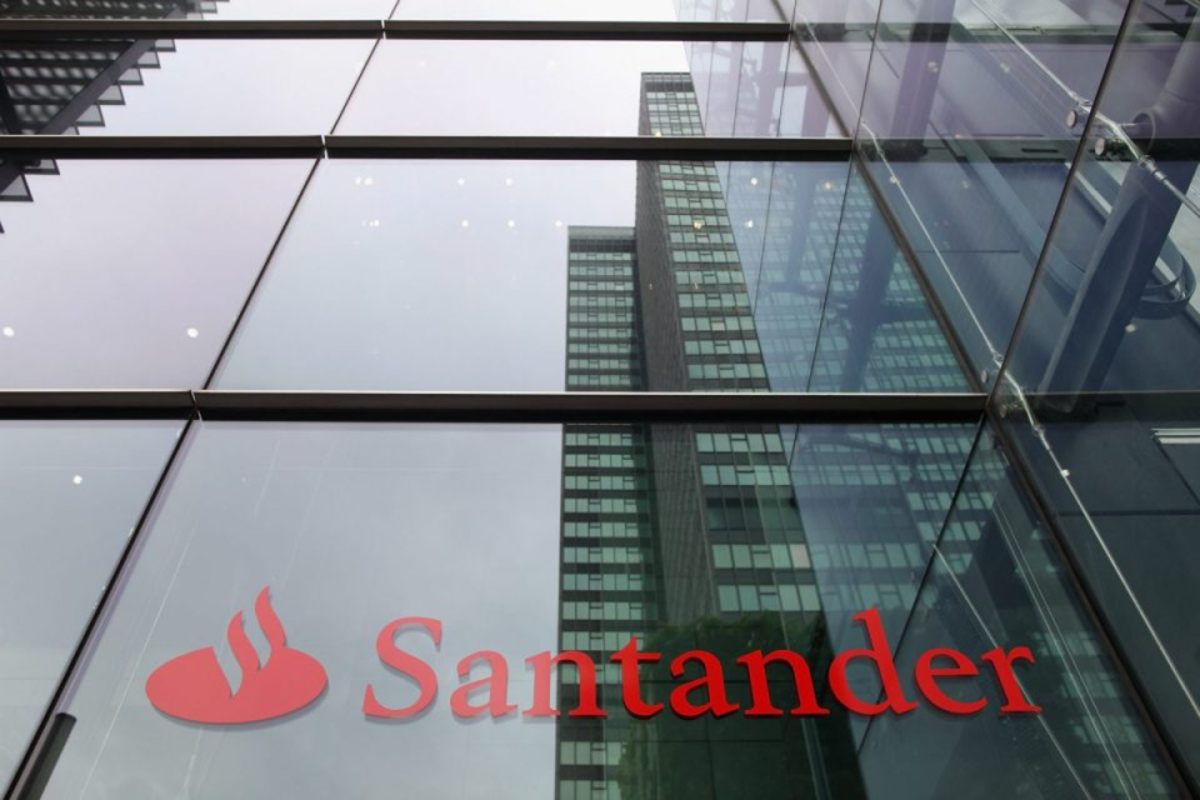By Maisie Grice
Copyright cityam

The UK’s outdated house buying process and consistent failed transactions are costing the economy at least £1.5bn a year, one of Britain’s biggest high street banks has warned.
According to a report from Santander UK, over half a million failed housing transactions are costing consumers £560m directly, with some costs, including the costs of mortgage and solicitors’ fees, unable to be clawed back.
This is 40 per cent higher than earlier government estimates of £400m.
Approximately 85 per cent of people who experienced a failed transaction reported a financial loss, with the average cost standing at £1,240. However, one in five reported a loss in excess of £2,000.
Nearly a quarter of people who had tried to buy a property reported the process falling through, with 17 per cent collapsing after one month.
Just under 45 per cent of failed sales happened at or beyond the three month mark, emphasising the uncertainty buyers face even in the latter stages of buying a house.
David Morris, head of homes at Santander UK, said: “Buying a home…for too many people, it’s an uncertain and exhausting process that drains their mental, emotional and physical health.”
Economic hit
The broken house buying process has also impacted the wider economy, costing £950m annually, with the average buyer spending 100 hours engaging in activities related to a failed transaction.
Nearly 60 per cent of that time was taken during regular work hours, leading to a loss in economic productivity, and ultimately costing £380m annually.
The cumbersome buying process has also dampened Brits’ appetite to move home, adding friction to the labour market, slowing economic growth and preventing first time buyers from getting onto the property ladder.
Morris said: “The homebuying journey is still operating in the confines of a framework that was established a century ago.
“This antiquated system is an increasingly heavy anchor weighing on the economy and fixing it must be key.”
The report from Santander comes after a number of banks, legal firms, mortgage brokers and estate agencies signed a charter pledging to reduce the process of buying and selling a property to 28 days, in efforts to fix the system.
HSBC, Legal and General and the Mortgage Advice Bureau were among the signatories.
System fit for today’s consumer
While the government has expressed a commitment to boosting the market, including its pledge to build 1.5m homes over its first five years in power, Santander has conceded more needs to be done to raise consumer confidence.
Santander is calling on the government to modernise the property market, including introducing a centralised property data system and expanding the use of AI to create a “seamless journey”.
The report said: “Automating administration tasks removes the burden from conveyance and lenders, freeing up time to spend on the elements of transactions that require their expertise.”
The high street bank also suggested providing buyers with all necessary information at the start of the process and ending the use of short-term solutions, such as stamp duty holidays, to try to boost market activity.
Morris said: “While the government has put the housing market firmly on its agenda, as this research shows, the scale of the challenge remains largely underappreciated.
“That’s why we’re calling for powerful reforms to give buyers and sellers more confidence, ease the financial and emotional strain and create a housing system fit for the needs of today’s consumers and economy.”



